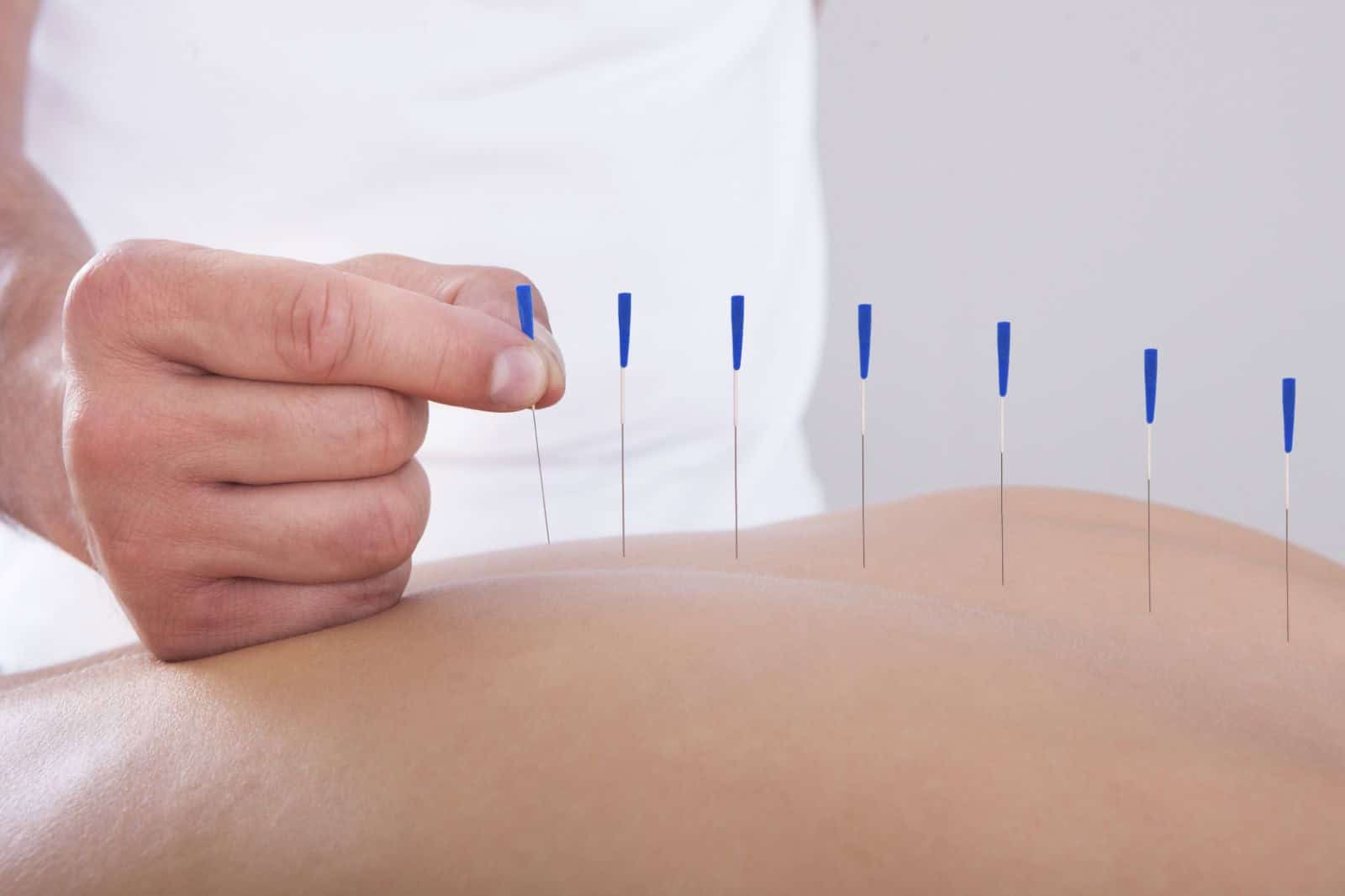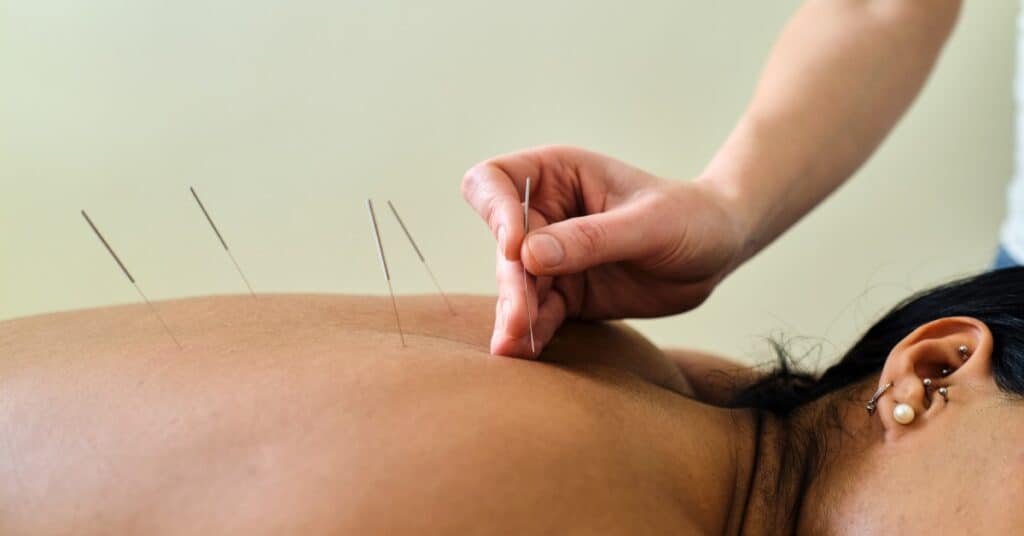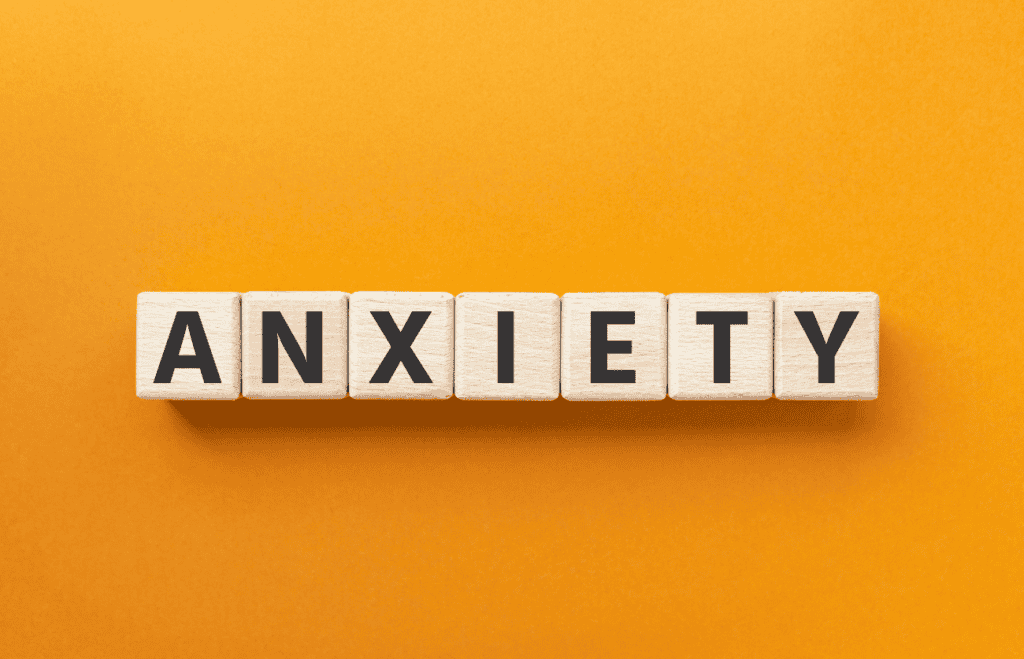
Acupuncture for Anxiety: How It Can Help Manage Symptoms Naturally
Acupuncture for anxiety has long been recognized as a treatment option. Are you someone who experiences anxiety and wants to learn how acupuncture, either alone or alongside other treatments, can help? In this article, we will explore how acupuncture may reduce anxiety, the scientific evidence supporting its use, and how a needle-free form of acupuncture could also play an essential role in a holistic approach to mental health.
Understanding Anxiety: Its Impact on Daily Life and How to Manage It
Anxiety is a complex, multifaceted condition that affects millions of people worldwide. Ranging from mild uneasiness to full-blown panic attacks, anxiety can manifest as generalized anxiety, social anxiety, or anxiety disorders. Common symptoms include restlessness, heart palpitations, difficulty concentrating, muscle tension, and sleep disturbances. Anxiety has the potential to significantly interfere with an individual’s quality of life, affecting relationships, work, and daily activities.
Can Acupuncture Help with Anxiety? Although anxiety disorders are typically treated with medication and therapy, many people seek natural, complementary therapies like acupuncture to avoid the side effects of pharmaceutical drugs. If you offer acupuncture as part of a physiotherapy treatment plan, you can provide your clients with an effective, drug-free option for managing their anxiety
How Acupuncture Helps Alleviate Anxiety
Effectiveness of acupuncture on anxiety disorder. Acupuncture works on the principle that when fine needles are inserted into specific points on the body, they stimulate the body’s biochemical and electrical processes. This sends healing, pain-relieving, and balancing impulses to various organs, tissues, and bones. According to research, acupuncture has numerous positive effects on the nervous system and is an effective treatment for anxiety.
1. Balancing the Autonomic Nervous System:
- The autonomic nervous system (ANS), which controls the body’s stress response, is what needs to be balanced. Research shows that acupuncture can influence the balance between the sympathetic (fight or flight) and parasympathetic (rest and digest) systems, helping to reduce the body’s stress response and promote relaxation.

2. Increasing Endorphin Production:
- It has been shown that acupuncture can increase the production of endorphins, the natural ‘feel-good’ chemicals that reduce pain and improve mood. These biochemical changes help alleviate both the emotional and physical symptoms of anxiety, such as muscle tension, heart palpitations, and stress.
3. Improving Heart Rate Variability (HRV):
- HRV is a measure of the body’s ability to respond to stress. As HRV is higher, the person is in better overall health and has lower anxiety. It has been found that acupuncture improves HRV and thus makes them better at coping with anxiety.
4. Regulating the Hypothalamus:
The hypothalamus is the brain’s stress response control center. Acupuncture can help regulate the hypothalamus, reducing the levels of stress hormones such as cortisol, which can exacerbate anxiety.
Evidence Supporting Acupuncture for Anxiety Treatment
Using acupuncture to treat anxiety is highly effective, according to many studies. In a large systematic review of clinical trials, acupuncture was found to reduce anxiety symptoms, with results in some cases similar to those of conventional treatments, including medication and cognitive behavioral therapy (CBT). In fact, acupuncture has been shown to provide longer-lasting benefits than some pharmacological treatments with fewer side effects.
A study published in the Journal of Acupuncture and Meridian Studies found that acupuncture can significantly reduce anxiety levels in patients with generalized anxiety disorder (GAD). The Acupuncture Evidence Project, another study, also concluded that acupuncture is an effective treatment for anxiety, with moderate clinical evidence supporting its use.
How Physiotherapists Can Use Acupuncture to Enhance Anxiety Treatment
Since you are a physiotherapist, you can provide a full, holistic approach to treating anxiety. Using acupuncture in combination with traditional physiotherapy techniques (manual therapy, stretching, postural correction and therapeutic exercises) allows to address psychological as well as physical aspects of anxiety.
Here’s how you can incorporate acupuncture into your physiotherapy practice:
1. Physical Relaxation:
Many individuals with anxiety experience chronic muscle tension, especially in the neck, shoulders, and back. The release of this tension through acupuncture not only physically relieves discomfort but also helps lower anxiety levels.
2. Breathing and Relaxation Techniques:
Physiotherapists often teach patients relaxation exercises such as deep breathing or progressive muscle relaxation. Combined with acupuncture, these techniques will further facilitate the body’s relaxation and its ability to respond to stress.
3. Customized Treatment Plans:
Each patient’s experience with anxiety is unique. That being said, physiotherapists can work more effectively by personalizing treatment plans to address both the psychological and physical aspects of anxiety. Acupuncture can be tailored to meet the individual’s needs, helping to relieve anxiety symptoms to the fullest.

Long-Term Benefits of Acupuncture for Anxiety
Acupuncture benefits for anxiety are very profound. The benefit of acupuncture is it addresses some of the root causes of anxiety rather than just covering up the symptoms, thereby supporting lasting emotional stability and resilience. Apart from the immediate help with anxiety that acupuncture brings, it also brings long term mental wellness as it helps to increase overall stress tolerance, and helps the body deal with future anxiety episodes.
The benefits of treating anxiety with acupuncture are profound. Acupuncture addresses some of the root causes of anxiety, rather than just masking the symptoms, thereby promoting lasting emotional stability and resilience. In addition to providing immediate relief from anxiety, acupuncture also supports long-term mental wellness by increasing overall stress tolerance and helping the body manage future anxiety episodes.
Ongoing acupuncture treatments can play an important role in a long-term plan for treating chronic anxiety, offering continuous support for mental and emotional health. When combined with other physiotherapy treatments, acupuncture can be a valuable tool for managing anxiety and enhancing overall well-being.
How Acupuncture Can Complement Physiotherapy in Treating Anxiety
Acupuncture is an effective, natural, and safe treatment for anxiety and can complement physiotherapy interventions. By integrating acupuncture into your physiotherapy practice, you provide your clients with a holistic approach to managing anxiety, addressing both its physical and emotional aspects. Whether treating patients with generalized anxiety disorder, panic attacks, or stress-related anxiety, acupuncture can enhance your treatment options.
As a physiotherapist, adding acupuncture to your skill set allows you to offer more comprehensive care and sets you apart as a well-rounded, evidence-based, holistic practitioner. If you’re looking to expand your services and attract more clients, acupuncture is a valuable addition to your practice, helping people manage their anxiety more effectively today.
Frequently Asked Questions (FAQ)
It can be emotionally draining to try to recover from an injury or to manage chronic pain. A compassionate physiotherapy center who shows empathy and patience, to help you along the journey of healing.
What is acupuncture, and how does it help with anxiety?
Acupuncture is the practice of placing fine needles into specific points on the body to stimulate the nervous system. It is effective for anxiety because it reduces the stress response, boosts mood by releasing endorphins, and helps relax the autonomic nervous system.
How many acupuncture sessions are needed for anxiety relief?
The number of sessions will depend on the individual’s symptoms and response to treatment. Typically, a course of treatment consists of 5–10 sessions, but repeated sessions may be needed for long-term relief and maintenance.
Is acupuncture effective for all types of anxiety?
Acupuncture is effective in alleviating anxiety symptoms associated with generalized anxiety disorder, social anxiety, and panic disorder. While it is a valuable complementary treatment for most anxiety-related conditions, results may vary from person to person.
Can acupuncture replace medications for anxiety?
For some, acupuncture is as effective as medication with no side effects of pharmaceuticals. Though it is often used as a supplement to medication and therapy to address the anxiety problem more holistically.

What can I expect during an acupuncture session for anxiety?
During an acupuncture session, the practitioner will insert fine needles into specific points on your body. The needles typically cause little to no discomfort. Most patients feel very relaxed during and after the treatment, with anxiety levels reduced after each session.
Is acupuncture safe for people with anxiety?
Fortunately, acupuncture is generally safe for people with anxiety. It is minimally invasive and has very few side effects compared to medications. As with any treatment, it’s always best to consult with your healthcare provider before starting acupuncture for anxiety.
